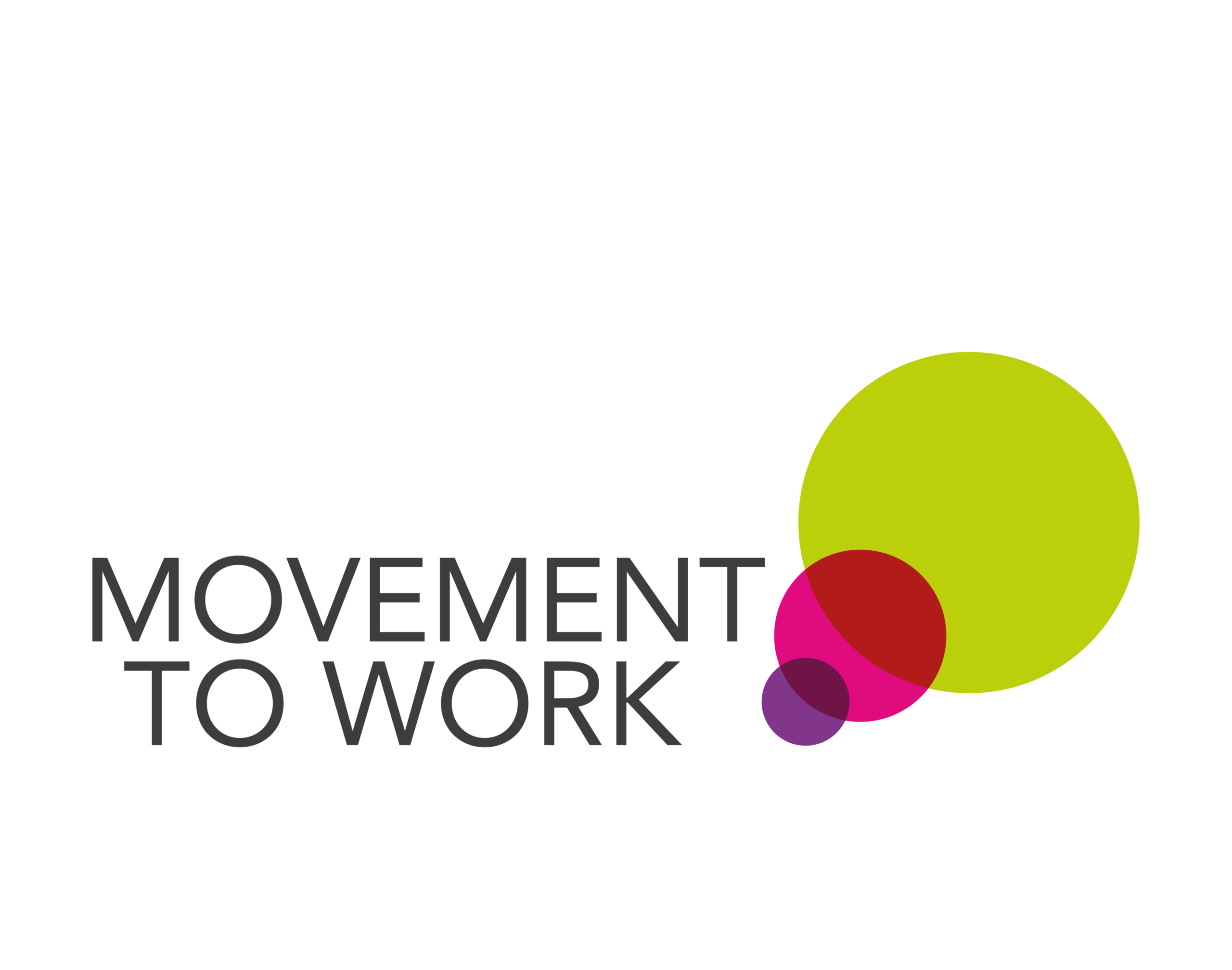Resolution Foundation has recently published the third report in their ‘Living Standards Outlook’ series, which assesses “how the hoped-for post-pandemic economic recovery might translate into a recovery for living standards”.
The report states that Government support schemes have, on the whole, protected household incomes and jobs this year. However, continued rising unemployment, combined with the possible removal of the £20 Universal Credit uplift, could lead to a further 1.2 million people falling into relative poverty, including 400,000 children, the biggest year-on-year rise in poverty rates since the 1980s.
The report concludes that the recovery for living standards in the next 5 years will depend greatly on timing the “withdrawal of economy support closely to the easing of the public health restrictions, a strong fiscal stimulus”.
To read the Resolution Foundation (2021) report in full, click here.










